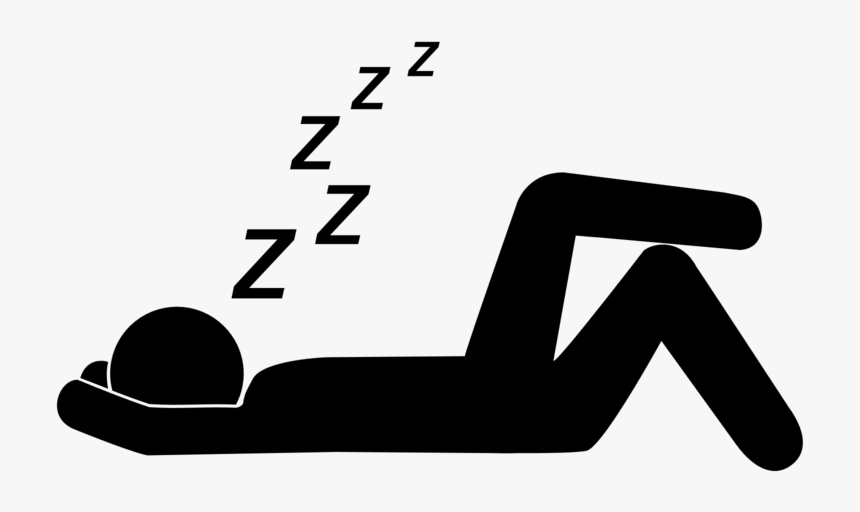Sleep is an important part of well being. It is particularly important when recovering from an injury. Some tips:
- Get your light right – When your eyes tell your brain “we’re up and we’re clocking on for the day” this sets your circadian rhythm. If your eyes don’t see the sunlight until later in the day your brain won’t be ready to “clock off” until later in the night. Difficulty falling asleep anyone? Solution (and this is number one for a reason) – view sunlight for a minimum of 3-5mins within 30-60mins of waking. If your schedule doesn’t allow for outdoor early morning exercise then just taking your morning cuppa out onto the balcony will do fine at a pinch. If you can do the same thing at the end of the day as the sun is setting because the red light waves of the sun set actually triggers the production of melatonin which is our sleepy hormone.
- If possible wake up and go to bed at roughly the same time every day : our body thrives on routine. At night, go to bed when you first feel sleepy, don’t fall asleep on the lounge and then push through with a second wind until late in the night. That nap takes the wind out of your sleep routine. This can result in waking up too early in the morning and not being able to fall back to sleep. Sticking to the same routine often means waking naturally as opposed to needing an alarm.
- Beware of caffeine : caffeine has a half life of approximately 9 hours. This means it takes up to 9 hours for 100mg caffeine (2 shots in a standard barista made coffee) to be broken down to 50mg. This means if you have a coffee at 2pm and go to bed at 11pm, it will have the same effect as if you’d just had 1/3 of a shot of coffee just before you lay down! General rule of thumb – avoid caffeine after 10 -11am.
- Don’t eat for a minimum of 2 hours, but ideally 3-4 hours before you want to sleep: Your body performs many functions but it does not like digesting and running repairs at the same time. It’s like trying to fix the plumbing while the tap is still running. This has recently been highlighted with dementia and other neurological conditions like Parkinsons. The brain needs to go through a “dishwasher” cycle for optimum health and function and cannot do so if you are still digesting.
- Ambience: this is the sleep hygiene piece. Make sure that your bedroom is dark and cool.
- Digital tools can can be helpful : modern technology can help provide feedback on sleep quality. Consider apps such as headspace, calm or reveri

